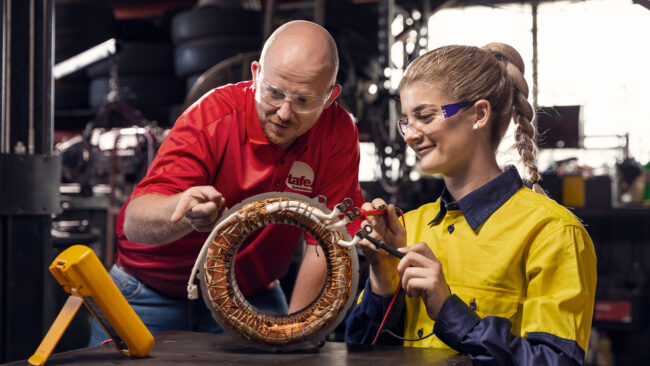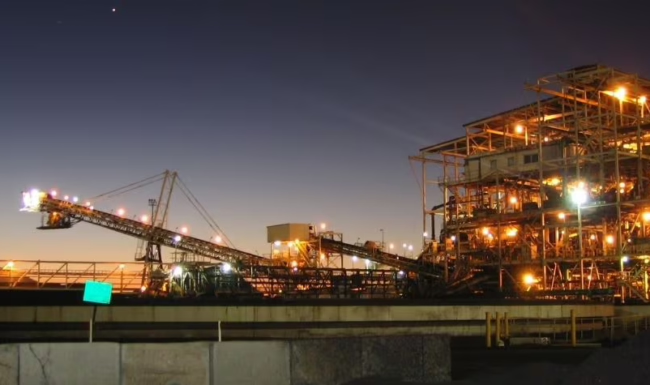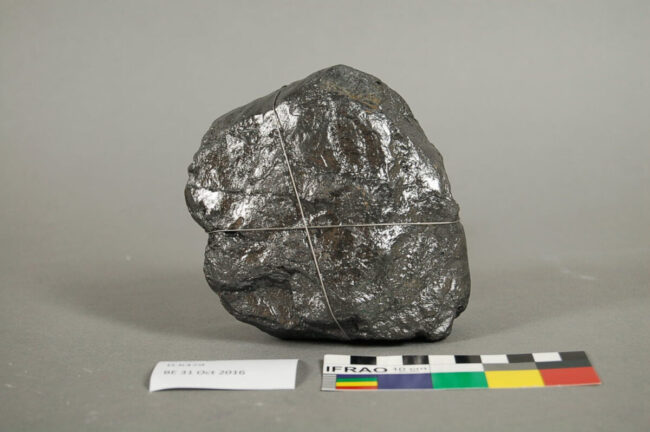Taking the ‘forever’ out of ‘forever chemicals’: we worked out how to destroy the PFAS in batteries
By Jens Blotevogel, CSIRO and Naomi Boxall, CSIRO Lithium-ion batteries are part of everyday life. They power small rechargeable devices such as mobile phones and laptops. They enable electric vehicles. And larger versions store excess renewable energy for later use, supporting the clean energy transition. Australia produces more than 3,000 tonnes of lithium-ion battery waste…





